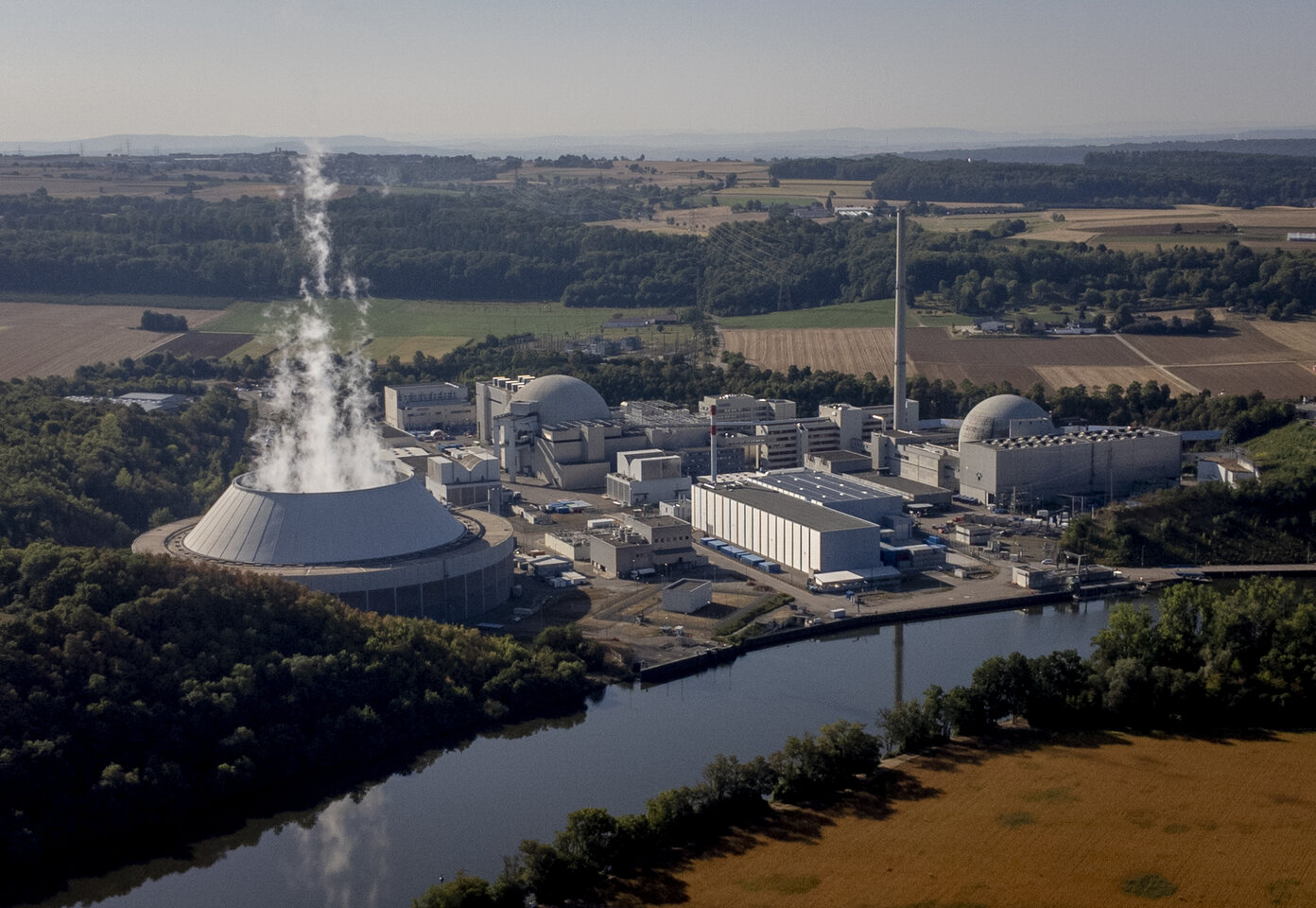Czech Minister of Industry and Trade Jozef Síkela concedes that capping the prices of more expensive energy would be a good idea; however, challenges remain, namely the fact that Germany dominates the market that actually sets the price for gas in Europe.
Síkela is considering convening an extraordinary European Council for Energy, which should deal with the problem of high energy prices. According to the Czech industry minister, this is a pan-European problem that needs a blanket solution, and one of the possible ways to combat rising energy prices is to set a maximum price for energy.
In my opinion, however, it makes no sense to try and cap electricity and gas prices at the European Union level or in the Czech Republic.
Instead, Germany is the answer.
Trying to obtain consent at the European level would take an extremely long time. In addition, the Czech Republic did not support the efforts of major EU countries to redefine the energy market in the EU under the previous or current government. A price cap makes sense primarily for the price of gas used to produce electricity.
The cap should be set at the price level of 18 months ago, with national governments compensating traders the difference between the market and regulated price.
From the moment the price is capped for gas meant for gas power plants, the price of electricity on the exchange will fall for the next tradable period.
Germany is too strong
Germany significantly influences European energy prices, thanks to its energy policy and the size of its market. The country’s gas-fired power plants greatly determine the price of electricity for the entire region.
A side effect of such a price cap would also be a decrease in the costs of so-called “margin calls” (guarantees that traders submit on exchanges to settle contracted volumes of energy delivered in the future). A drop in the costs of these guarantees on the Leipzig stock exchange would also come with a decrease in commodity prices.
With the slowdown in energy price growth, inflation should then come to a standstill and experience a subsequent decline throughout Europe.
At some stage in the past, it was possible to take measures to reduce energy prices even at the level of the Czech Republic itself. But the Czech government missed the right time for that. Now, the country has no choice but to use an extraordinary tax, which is the windfall tax. It is a pity that neither European nor Czech politicians work to abolish the root cause of this problem but only work against its consequences, often with inappropriate steps.
The advantage of the above proposal is that capping the price for electricity generation from gas removes one of the causes of high prices. Above all, as a short-term measure, the Germans could and should do it themselves. It would be fast and legal, and the problem would be solved by the country driving gas prices higher the most. There would also be no need to wait for the results of the negotiations of all 27 countries of the entire European Union.





